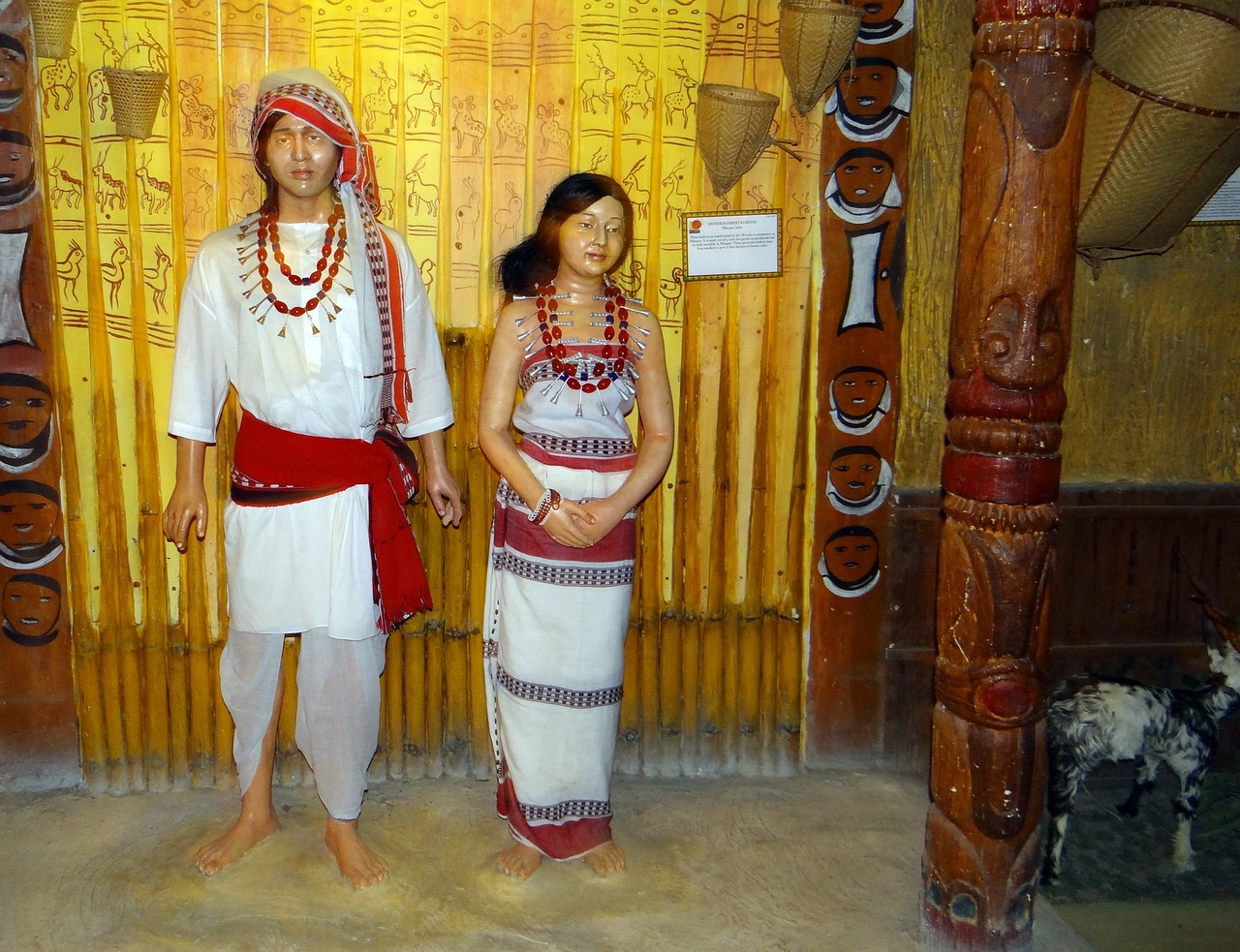Report by Ananya Singh
The state of Manipur has been witness to protests, many of a violent nature, since May 2023.
In this feature, we try to understand the various reasons for the conflict, and a brief about the current state.
The Starting Point
The main reason behind these is the Manipur High Court’s request to the State Government to send a recommendation to the Central Government within a span of a month to provide Scheduled Tribe (ST) status to the Meiteis, a tribe of Manipur.
After this order, protests erupted throughout the state, the first being a Tribal Solidarity March against this recommendation.
The Meiteis, Kukis, and Nagas
There are three main tribes in Manipur, the Meiteis, making up around 60% of the population, the Kukis, almost 25% of the population, and the Nagas, approximately 15% of the population.
One of the differences between these tribes is their religion. The Meiteis are Hindus following personal ethnic traditions as well. Some Meiteis, making up about 9% of the total population, are Muslims. The Kukis and Nagas are Christians.
This meant that in 1948, when Manipur became a part of India, the government considered the Meiteis to be tribals but they weren’t classified as Scheduled Tribe as they had become Hindus centuries ago. The Kukis and Nagas however are part of the Scheduled Tribe status.
Further, the Meiteis live in the plains of the Imphal Valley, where it is easy to advance development opportunities such as roads, schools, factories etc. The other two tribes, however, live in the hills where development is difficult. Therefore, the second point of consternation is that the Meiteis have access to more development opportunities than the Kukis and Nagas, resulting in better education and better paying jobs.
The third point of debate is the fact that 40 out of 60 seats, almost 67% of the state assembly’s seats are reserved for Meiteis, reducing Kuki and Naga representation in the government.
The difference between this conflict and all previous conflicts is that in the past, only armed sections of each tribe (some people within the tribe who decide to get training in arms to protect the interests of the tribe)
Why do the Meiteis want ST status?
In 2012, Meiteis applied to the Manipur High Court for an ST status, which they felt they had been unfairly excluded from. In Manipur, any non-tribal person, inclusive of Meiteis, cannot buy land in the hilly areas where the Kukis and Nagas live. However, these two tribes can buy land in the Imphal valley where the Meiteis live. The Meiteis feel that this is unfair as the other two tribes have all the freedom and benefit while Meiteis themselves are restricted.
Secondly, there has been a rise in the number of illegal migrants entering Manipur from Myanmar. Most inhabitants of Myanmar are Kukis and the Meiteis feel that they will become part of a minority population soon.
The Kukis and Nagas, however, feel that Meiteis will have too much control over the state and its proceedings if they are granted the ST status.
The Meiteis already have a Scheduled Caste (SC) status and Other Backward Class (OBC) Status, but the tribe argues that they need the ST status to preserve their identity and culture.
Other reasons for the protests
Illegal immigrants from Myanmar have increased in recent years. Mostly Kukis, the immigrants are able to meld with the Indian Kuki population due to similar language, culture, and appearance. Therefore, new villages housing these immigrants have been made on protected forest land where it is illegal for humans to live, hunt or fell trees.
The government recently dislodged one such village which was built on protected forest land. However, the Kukis protested that the village had been there for many years.
Meiteis have asked the National Register of Citizens department to verify whether the Kukis living in the village were illegal immigrants or national citizens.
Secondly, poppy fields are supposedly cultivated on the hills of Manipur by illegal Kuki immigrants. Poppy is used to make addictive and illegal drugs like heroin amongst others. The government recently destroyed thousands of acres of poppy farms amongst a crackdown by the State Government on illegal poppy cultivation.
Current Status
In spite of assurances by central government, the violence continues.
Because of this, some residents of Manipur have now started moving to Meghalaya for safety.
According to a petition filed in the Supreme Court, there is also a shortage of basics like clean drinking water, essential medicines, groceries, etc.
Educational institutions have been converted to relief camps. This has affected classes and the education of students is impacted. A petition in the Supreme Court has suggested that the medical students should be allowed to attend classes in another state.
The Nagas have not been a part of this entire conflict. Their property and buildings, including community buildings like churches, have not been touched by either side.
The Chief of Police of Manipur was replaced by the Central Government to instill confidence in both the conflicting groups.


This was a very nice piece of information. It was good to learn something new